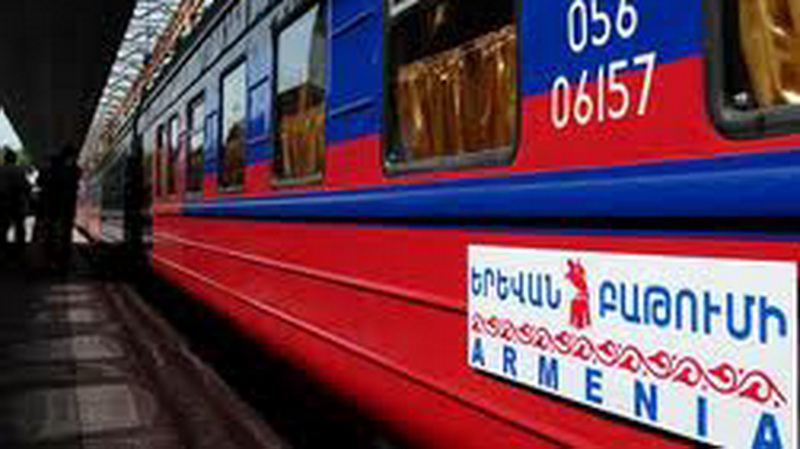


ArmInfo. The corruption risks under the Additional Financing of the Lifeline Road Network Improvement Project are minimized, First Deputy Minister of Transport and Communication Arthur Arakelyan said in the Parliament on Feb 4, when commenting on the question of the opposition MP Nikol Pashinyan.
In particular, Pashinyan expressed his concern over possible abuse in the course of the program implementation. He recalled the so-called kickback system in the road construction sector, and noted that even Serzh Sargsyan spoke of it. The MP wonders what guarantees the government can provide for proper use of the funds and prevention of abuse and embezzlement at the expense of the foreign debt growth. In addition, Pashinyan recalled that Armenia is entering a new electoral period and certain political forces and candidates will try to obtain votes by rehabilitating roads. Very often the voters do not even know that the roads are rehabilitated at the expense of loan funds.
In response, the deputy minister noted that these are rumors, which do not only concern the road construction. The key guarantee for preventing abuse is the transparency of all stages, including the choice of the roads and companies, implementation of the work, control over the operations, etc. He added that a Road Council has been set up and the decisions are not taken by one person. The deputy minister noted that the lawmakers have the right to demand the substantiation of the decisions. He added that a lot of companies always take part in the Ministry's tenders. This ensures competition and reduces the abuse risks, he said.
To note, the World Bank will provide US$40 million loan for the Additional Financing of the Lifeline Road Network Improvement Project (LRNIP) for Armenia. Introducing the credit terms in the Parliament, Deputy Minister of Transport and Communication Arthur Arakelyan said the Agreement was signed between Armenia and IBRD on August 26 2015. The World Bank Board of Executive Directors approved a US$40 million loan for the Additional Financing of the Lifeline Road Network Improvement Project (LRNIP) for Armenia.
The Additional Financing of the LRNIP has two main components. First, it will support lifeline road improvement with rehabilitation of 155 km of roads, located across the regions including through rehabilitation and maintenance contracts, which have been successfully piloted. A new Contingent Emergency Response (CER) sub-component is being introduced, as a precautionary measure that would allow the Government and the Bank to quickly channel the loan financing for emergency recovery efforts following an adverse natural or man-made disaster. Secondly, in terms of institutional strengthening, it would finance: (i) preparation of a social monitoring and impact evaluation study; (ii) preparation of a strategic development plan for the lifeline road network; (iii) lifeline road network data collection for the Road Asset Management System (RAMS); (iv) development of a new road safety action plan and the implementation of selected activities; (v) technical assistance with regard to disaster risk preparedness for the road sector; (vi) purchase of road laboratory equipment for determining the chemical composition of bitumen; and (vii) installation of road safety signs. The first year program of road works is comprised of seven road sections located in five regions, with the remaining road sections to be identified during project implementation. The seven road sections total 50.5 km: all roads are bituminous roads in poor to very poor condition and serve in total 183,446 persons. Total financing of this project is US$45 million, of which US$5 million will be the Government's contribution. The World Bank will provide a US$40 million IBRD loan of variable spread, with a 14.5-year grace period and a total repayment term of 25 years.